Food Processing Line Solutions: Empowering Food Manufacturers with Efficiency, Compliance & Smart Automation
In today’s fast-evolving global food industry, efficiency, safety, and regulatory compliance are no longer optional — they are essential for survival and growth. As consumer demands for higher quality, traceability, and transparency rise, traditional manual or semi-automated production methods can no longer meet the scale and consistency required by modern food manufacturers.
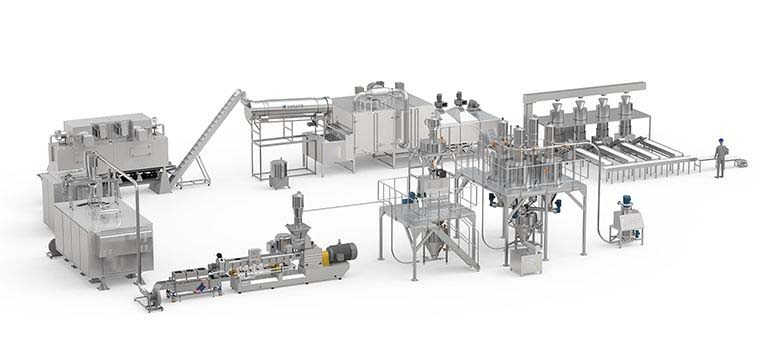
Enter food processing line solutions — comprehensive, integrated systems that are transforming how B2B food producers operate. Whether you're in dairy, beverages, meat processing, or ready-to-eat meals, a well-designed food production line can help you scale faster, reduce costs, and meet international standards with confidence.
In this article, we’ll explore the benefits, components, and real-world applications of automated food processing systems, and show how a turnkey food processing line can become a strategic asset for your business.
1. What Are Food Processing Line Solutions?
Food processing line solutions are end-to-end systems that integrate equipment, process engineering, automation, and data management to streamline food manufacturing from raw material intake to finished product packaging.
Unlike purchasing standalone machines, a true food processing line is a fully coordinated system — designed to ensure seamless flow across cleaning, cutting, cooking, filling, packaging, and palletizing stages. These solutions are customized to your product type, output goals, and facility layout, ensuring maximum efficiency and minimal downtime.
With the right automated food processing system, you can achieve consistent quality, reduce labor dependency, and future-proof your production capabilities.
2. Why B2B Food Manufacturers Need Food Processing Line Solutions
✅ 1. Dramatically Improve Production Efficiency
Modern food manufacturing equipment operates 24/7 with minimal human intervention. For example, an automated vegetable processing line that handles 5 tons per day can reduce labor needs from 15–20 workers to just 3–5 operators — increasing throughput by over 300%.
✅ 2. Ensure Food Safety & Batch Consistency
Integrated HACCP controls, metal detectors, X-ray inspection, and CIP (Clean-in-Place) systems minimize contamination risks. Automated processes eliminate human variability, ensuring every batch meets your quality standards.
✅ 3. Meet Global Compliance Standards
Whether you're targeting ISO 22000, BRCGS, FDA, or GMP certification, a professional food processing line comes with full documentation, traceability systems, and SCADA/MES integration — making audits faster and compliance easier.
✅ 4. Reduce Total Cost of Ownership
While the initial investment may be higher, automated lines reduce waste, energy use, and maintenance costs. Most businesses recover their investment within 2–3 years through improved yield and lower operational expenses.
✅ 5. Enable Flexible & Scalable Production
With modular design and quick-change tooling, modern food production lines support multi-product runs. Easily switch between product formats — ideal for private label manufacturers or those serving diverse markets.
3. Key Components of a Complete Food Processing Line
A fully integrated food processing line solution typically includes:
Raw Material Prep: Washing, peeling, sorting, cutting
Processing Units: Cooking, frying, baking, UHT/retort sterilization
Filling & Sealing: For liquids, semi-solids, powders (aseptic or atmospheric)
Packaging Systems: Vacuum, MAP, labeling, case packing, robotic palletizing
Automation & Control: PLC, HMI, IIoT connectivity, remote monitoring
Quality Assurance: Vision inspection, weight check, metal detection
CIP & Sanitation: Fully automated cleaning cycles for hygiene compliance
Optional add-ons include energy recovery systems, water recycling, and carbon footprint tracking — supporting your ESG and sustainability goals.
4. Industry Applications & Success Stories
Our turnkey food processing line solutions are trusted by B2B manufacturers across key sectors:
Dairy: Pasteurization, fermentation, and aseptic filling lines for milk, yogurt, and cheese
Beverages: Juice, tea, and functional drink production with full bottling automation
Meat & Poultry: Automated deboning, portioning, and ready-to-cook meal lines
Frozen Foods: Dumplings, noodles, and pre-made meals with integrated IQF freezers
Bakery: Dough handling, proofing, baking, cooling, and packaging automation
Sauces & Condiments: Blending, homogenization, filling, and sterilization systems
From startup facilities to large-scale factories, our automated food processing systems are deployed as turnkey food processing lines — delivering fully operational production lines on schedule and on budget.
5. How to Choose the Right Food Processing Line Partner?
When selecting a provider for your food processing line solutions, consider:
Industry Expertise – Look for proven experience in your specific product category.
Custom Engineering – Can they adapt to your raw materials, output, and space constraints?
Technology Readiness – Do they offer IIoT, AI vision, predictive maintenance, and cloud dashboards?
After-Sales Support – Is there local service, spare parts availability, and training?
Compliance Assistance – Can they help you pass audits and certifications?
Avoid off-the-shelf “one-size-fits-all” systems. True value comes from a customized food processing line that grows with your business.
6. The Future: Smart Food Factories & Sustainable Automation
The next generation of food processing automation is here. Leading manufacturers are adopting:
Digital Twin Technology – Simulate and optimize production before physical deployment
AI-Powered Vision Systems – Detect defects, label errors, and packaging flaws in real time
Energy Management Systems (EMS) – Monitor and reduce power, water, and steam usage
Modular Design – Plug-and-play units for faster installation and scalability
Sustainability Integration – Water reuse, biodegradable packaging, and carbon tracking
By investing in a smart food factory, you’re not just upgrading equipment — you’re building a future-ready, ESG-compliant operation that stands out in global markets.
Final Thoughts: A Production Line Is a Long-Term Strategic Investment
For B2B food manufacturers, a food processing line solution is more than machinery — it’s a foundation for growth, quality, and competitiveness.
Whether you’re launching a new product line, expanding capacity, or replacing outdated equipment, a professional turnkey food processing line can accelerate your time to market and ensure operational excellence from day one.
Ready to Transform Your Production?
👉 Contact us today for a free consultation and receive a customized proposal for your automated food processing system.
With 10+ years of experience and 500+ successful installations worldwide, we’re your trusted partner in food manufacturing equipment and process innovation.
Must-Read Blogs For Chain Restaurants Owner

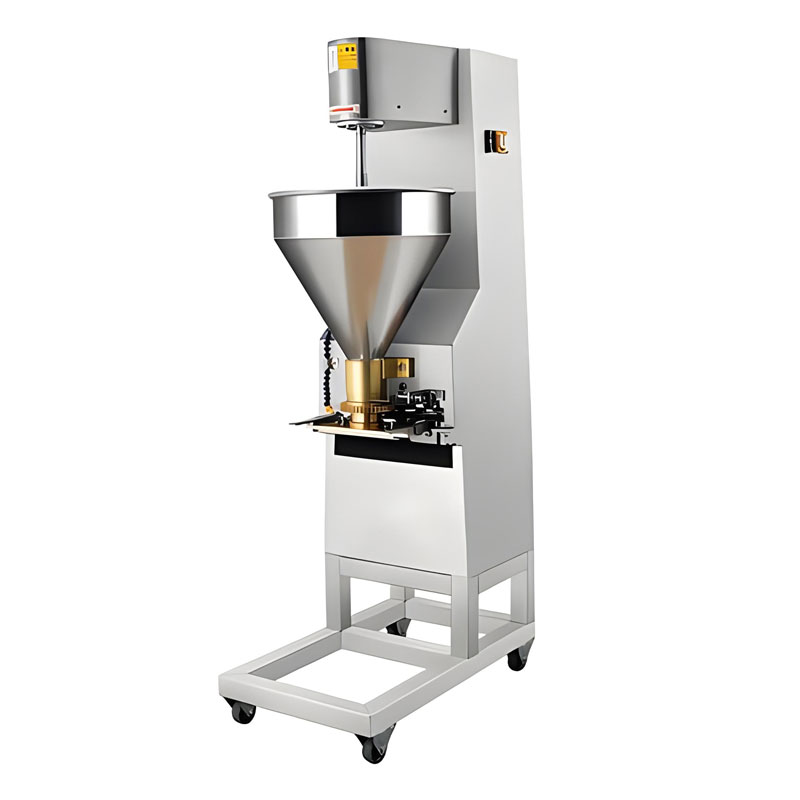
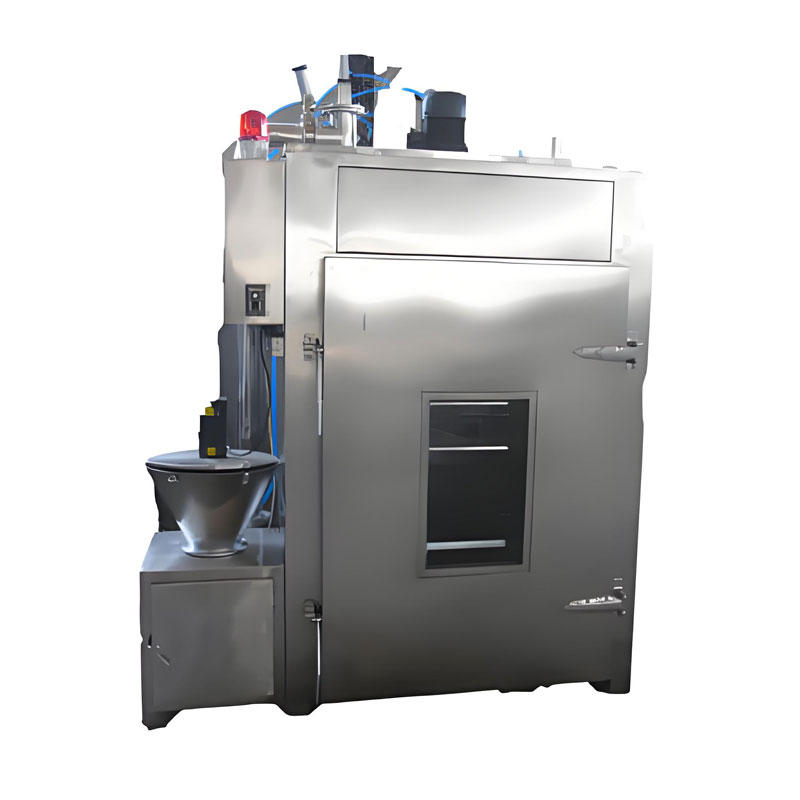
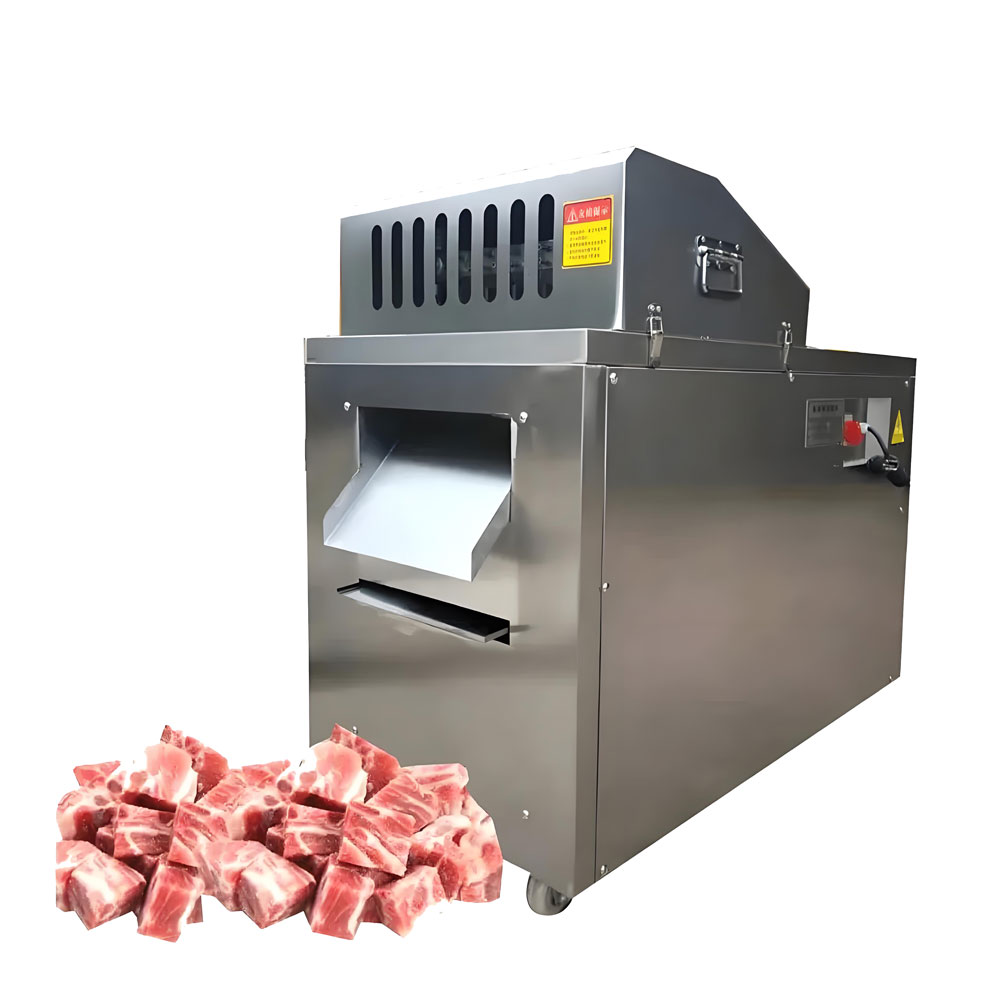
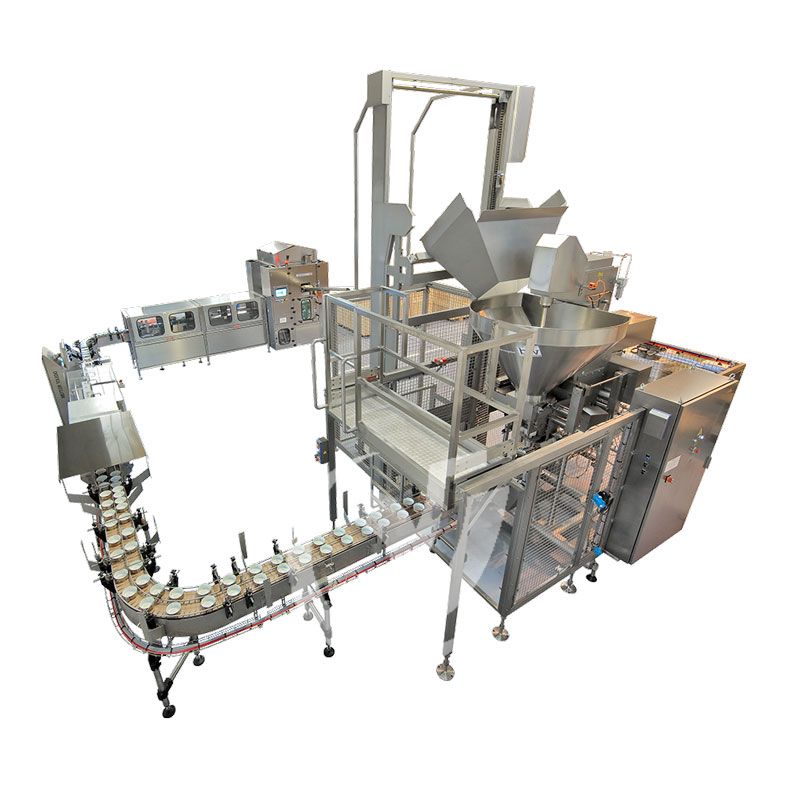

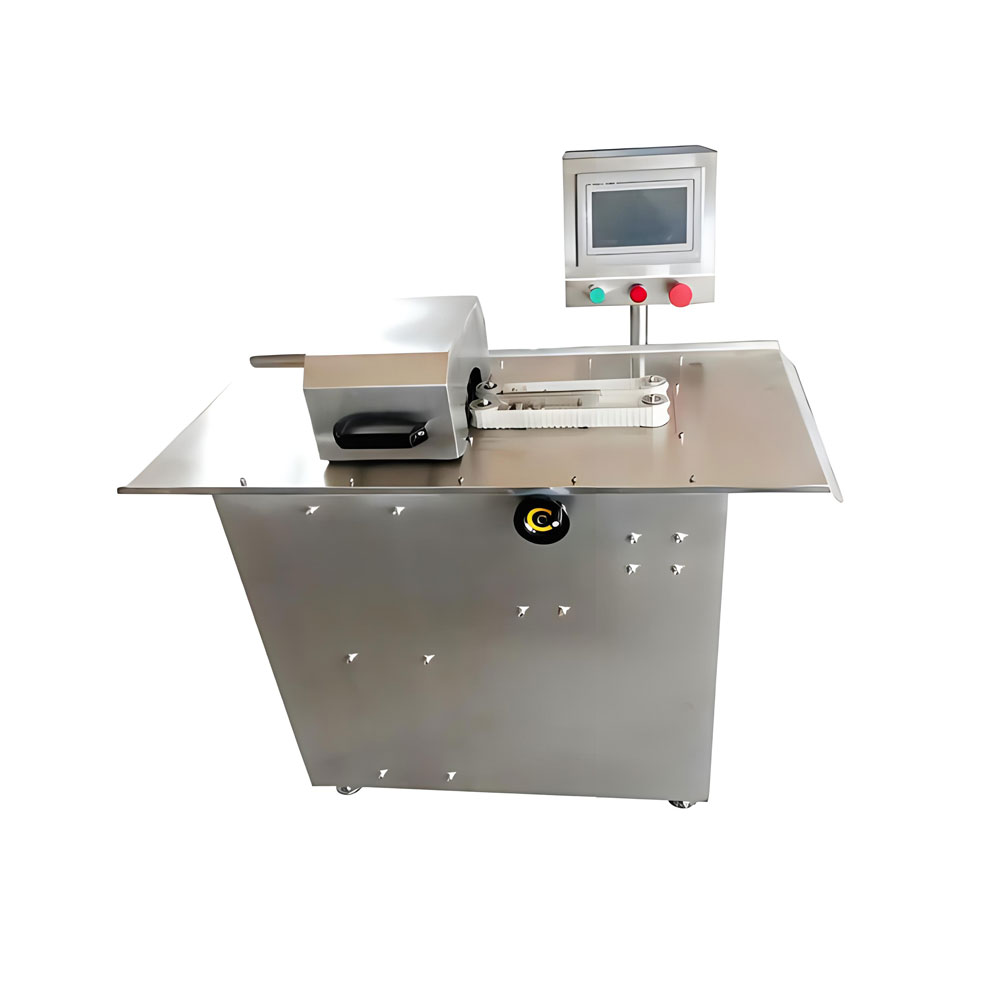
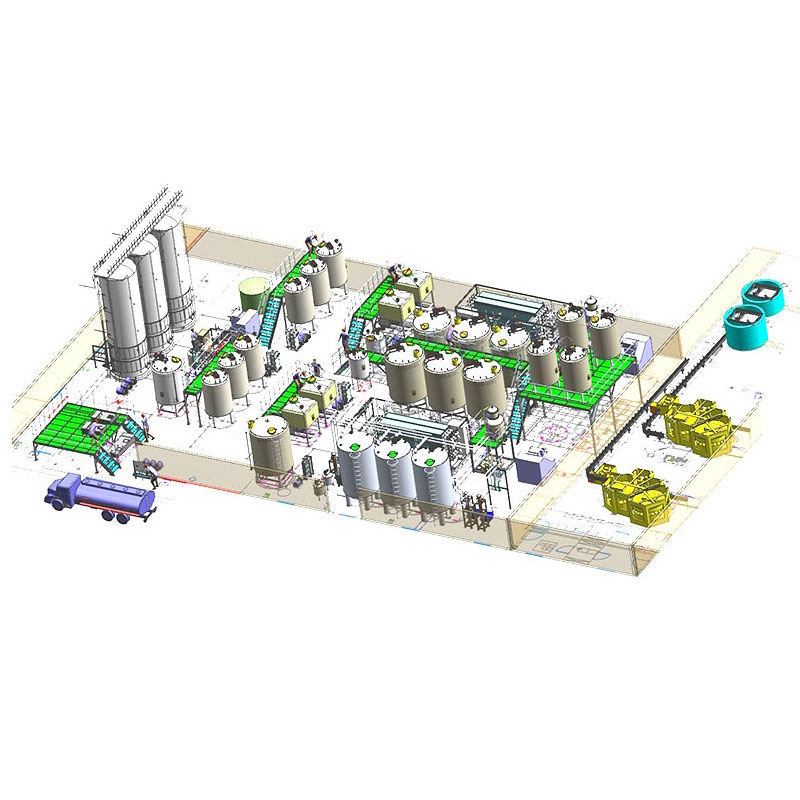
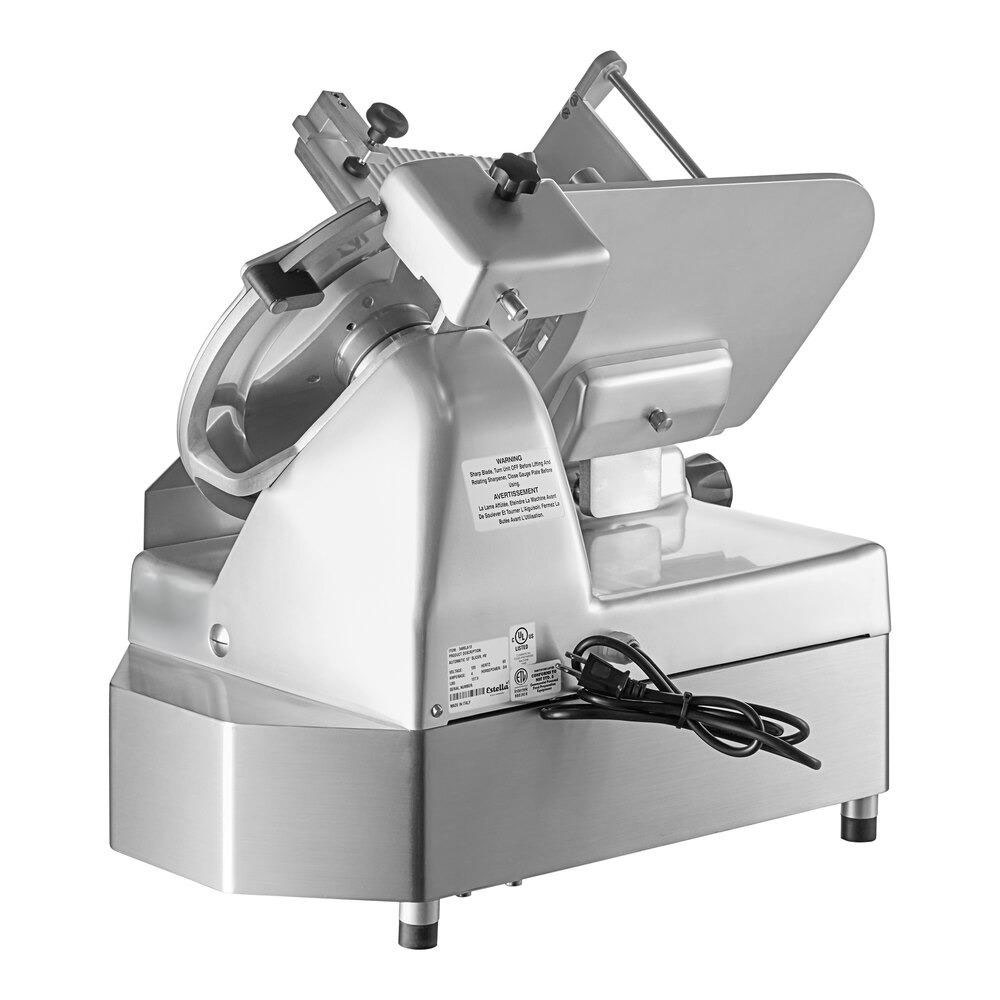
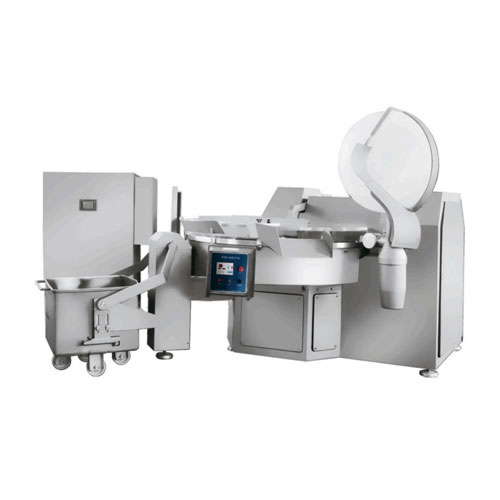
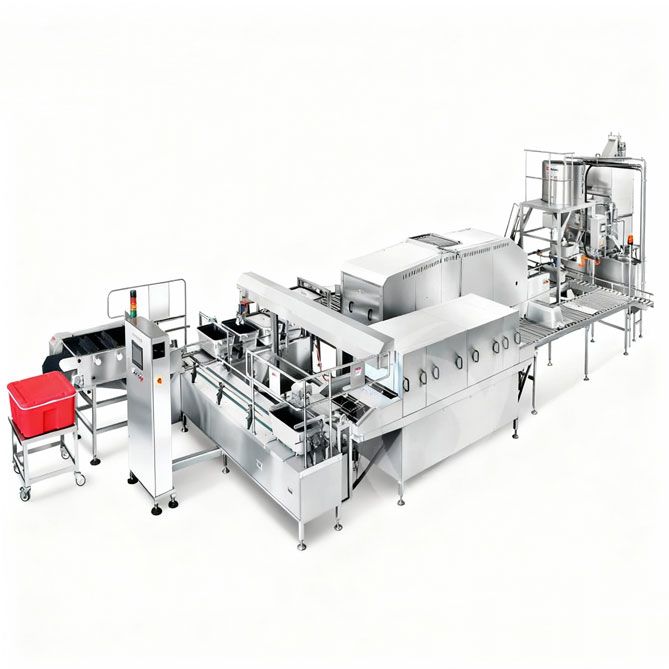
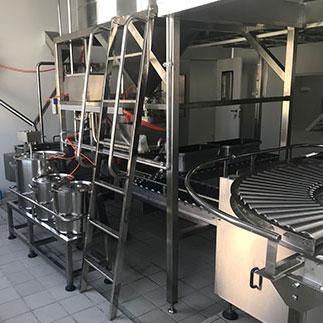 Cold Chain Rice Production Line
Cold Chain Rice Production Line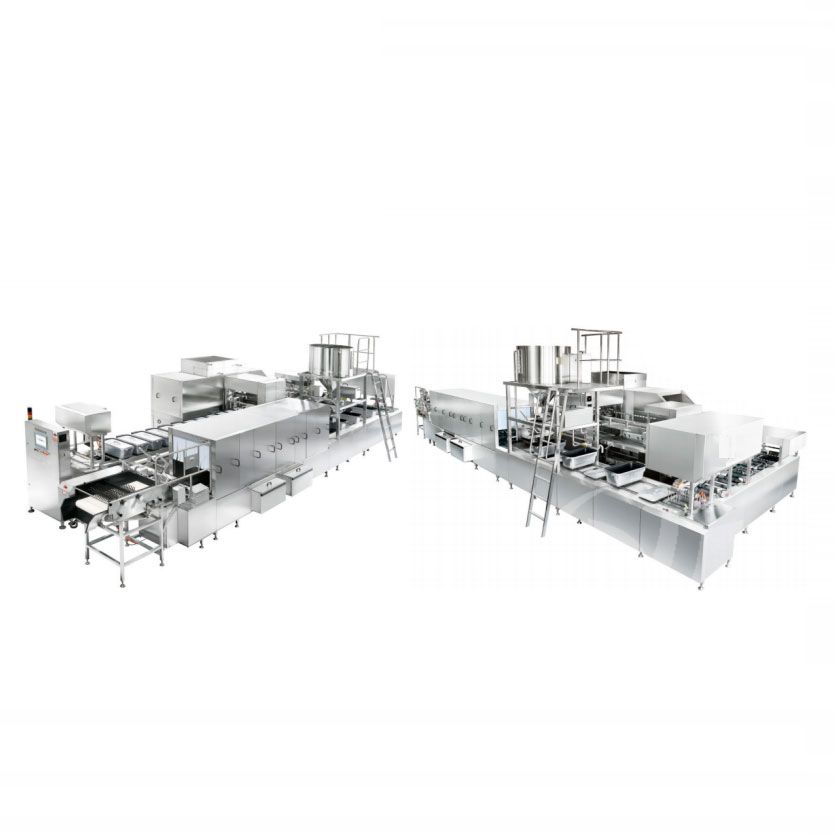 Unmanned Intelligent Rice Production Line
Unmanned Intelligent Rice Production Line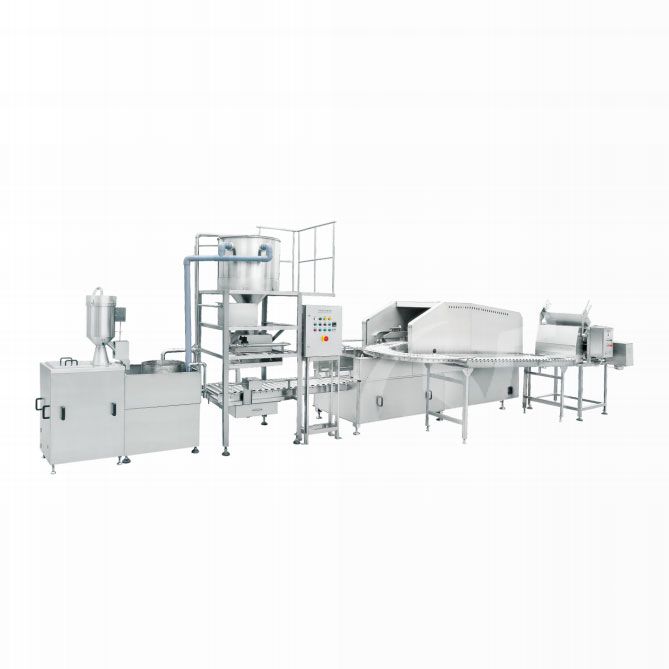 Automatic Rice Production Line
Automatic Rice Production Line
Ready to Get Started?